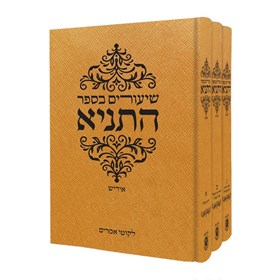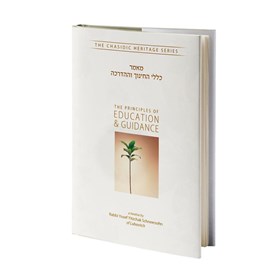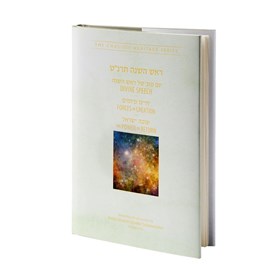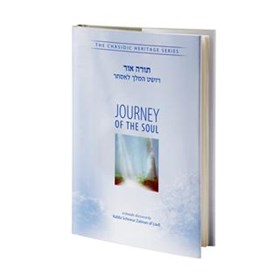Our Mission
For the newcomer to the teachings of Judaism as well as for those well versed in Torah knowledge, we provide material of unparalleled quality and authenticity. We will continue to satisfy the thirst for knowledge for which our people, the "People of the Book" have always been identified.
Our History





























For every milestone in life.
The Rebbe has indicated that the publication of a Torah book is the ultimate way to celebrate a festive family occasion and the finest memorial one could establish for a dear departed one.

Browse the ultimate catalog of Jewish discovery!
Chabad’s publishing arm has produced the ultimate guide to English-language discovery, discourse and gift-giving. Featuring 75 pages of groundbreaking new volumes, classic publications and historical and inspirational notes.
Love Within Punishment
For My angel will go before you and bring you to the Amorites, the Hittites, the Perizites, the Canaanites, the Hivities, and the Jebusites, and I will annihilate them.
Exodus 23:23
In this passage, G-d is informing the people that they would eventually sin and thus forfeit the privilege of being led into the Land of Israel by His presence directly, instead being led by an emissary. Nonetheless, G-d assures them that this emissary will succeed in driving out the nations occupying Canaan in order to facilitate the Jewish people’s settlement in it.
We see here that even when G-d deems it necessary to discipline His people, He never ceases to both love us and manifest that love toward us.
Similarly, whenever circumstances require us to administer disciplinary measures, we should do so out of genuine love and concern, making sure, at the same time, to manifest that love to those whom we are disciplining.
--Daily Wisdom Vol. 3










